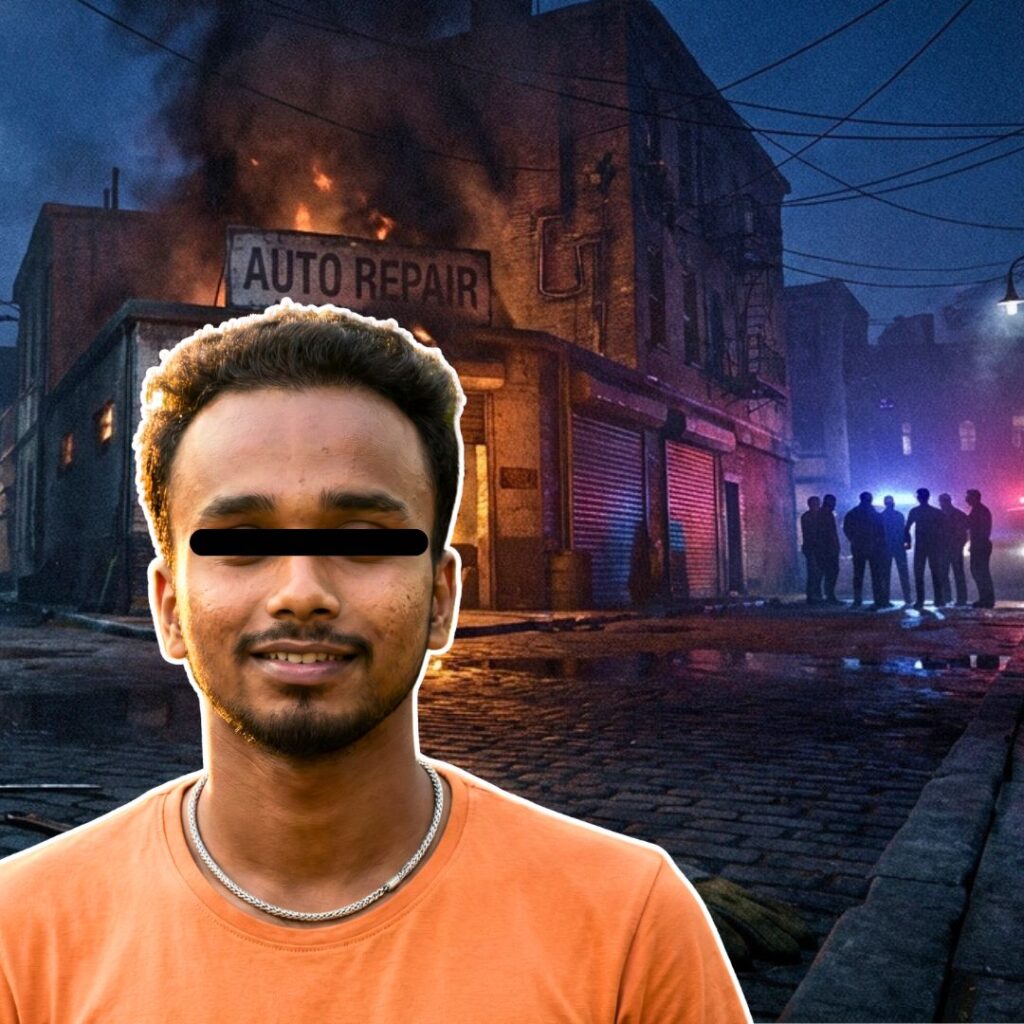The air quality index of Delhi has worsened in the first two weeks of October, as per the Central Pollution Control Board (CPCB), compared to last year.
Rising pollution levels along with increasing COVID-19 case count has caused a double whammy for the national capital. Once again, Delhi has regained the number one position among cities with the maximum caseload in India.
The stubble burning in the neighbouring states has contributed to the increasing pollution in the capital.
On Sunday, the AQI recorded ‘poor’ category with the present conditions; the pollution levels are likely to ‘increase significantly’, the CPCB said. Experts are warning that air pollution may increase the transmissibility of the coronavirus, and it can make people more vulnerable to the disease.
They have also warned that all those who have had the infection in the past may also have to face new challenges. According to doctors, respiratory illnesses like viral influenza increase might come with a spike in pollution level. The poor air quality results in inflammation in the lungs and makes people more vulnerable to the virus.
There are multiple reasons behind the worsening air quality in the capital and the stubble burning could not be the only reason for the current situation. Despite the stubble burning in Punjab and the increase in COVID-19 cases, the quality of air in major cities of the state remained in the ‘moderate’ category.
Balbir Singh Rajewal, president of Bharatiya Kisan Union (Rajewal Group), said that the farmers are not responsible for the stubble burning.
The government has not fulfilled its promise to provide money to the states to enable them to support the farmers in procuring straw chopping machines as per the directions of National Green Tribunal (NGT). They have not been given compensation on orders of the Supreme Court.
With the Aam Aadmi Party (AAP) and the Punjab state government are shifting the blames on each other, the farmers are left with no choice apart from stubble burning to get rid of the harvest.
The Delhi government has started a series of events- such as the ‘green war’ room to resist further deterioration of air quality. However, the experts said that the government’s initiatives are not enough to curb the alarming levels of pollution in the capital.
The air quality index of Delhi has worsened in the first two weeks of October, as per the Central Pollution Control Board (CPCB), compared to last year.
Rising pullution levels along with increasing COVID-19 case count has caused a double whammy for the national capital. Once again, Delhi has regained the number one position among cities with the maximum caseload in India.
The stubble burning in the neighbouring states has contributed to the increasing pollution in the capital.
On Sunday, the AQI recorded ‘poor’ category with the present conditions, the pollution levels are likely to ‘increase significantly’, the CPCB said. Experts are warning that air pollution may increase the transmissibility of the coronavirus and it can make people more vulnerable to the disease.
They have also warned that all those who have had the infection in the past may also have to face new challenges. According to doctors, respiratory illnesses like viral influenza increase might come with a spike in pollution level. The poor air quality results in inflammation in the lungs and makes people more vulnerable to the virus.
There are multiple reasons behind the worsening air quality in the capital and the stubble burning could not be the only reason for the current situation. Despite the stubble burning in Punjab and increase in COVID-19 cases, the quality of air in major cities of the state remained in the ‘moderate’ category.
Balbir Singh Rajewal, president of Bharatiya Kisan Union (Rajewal Group), said that the farmers are not responsible for the stubble burning.
The government has not fulfilled its promise to provide money to the states to enable them to support the farmers in procuring straw chopping machines as per the directions of National Green Tribunal (NGT). They have not been given compensation on orders of the Supreme Court.
With the Aam Aadmi Party (AAP) and the Punjab state government are shifting the blames on each other, the farmers are left with no choice apart from stubble burning to get rid of the harvest.
The Delhi government has started a series of events- such as the ‘green war’ room to resist further deterioration of air quality. Although the experts said that the government’s initiatives are not enough to curb the alarming levels of pollution in the capital.
Also Read: Chipko Movement Recreated In Dehradun As Hundreds Gather To Oppose Felling Of Over 10,000 Trees











